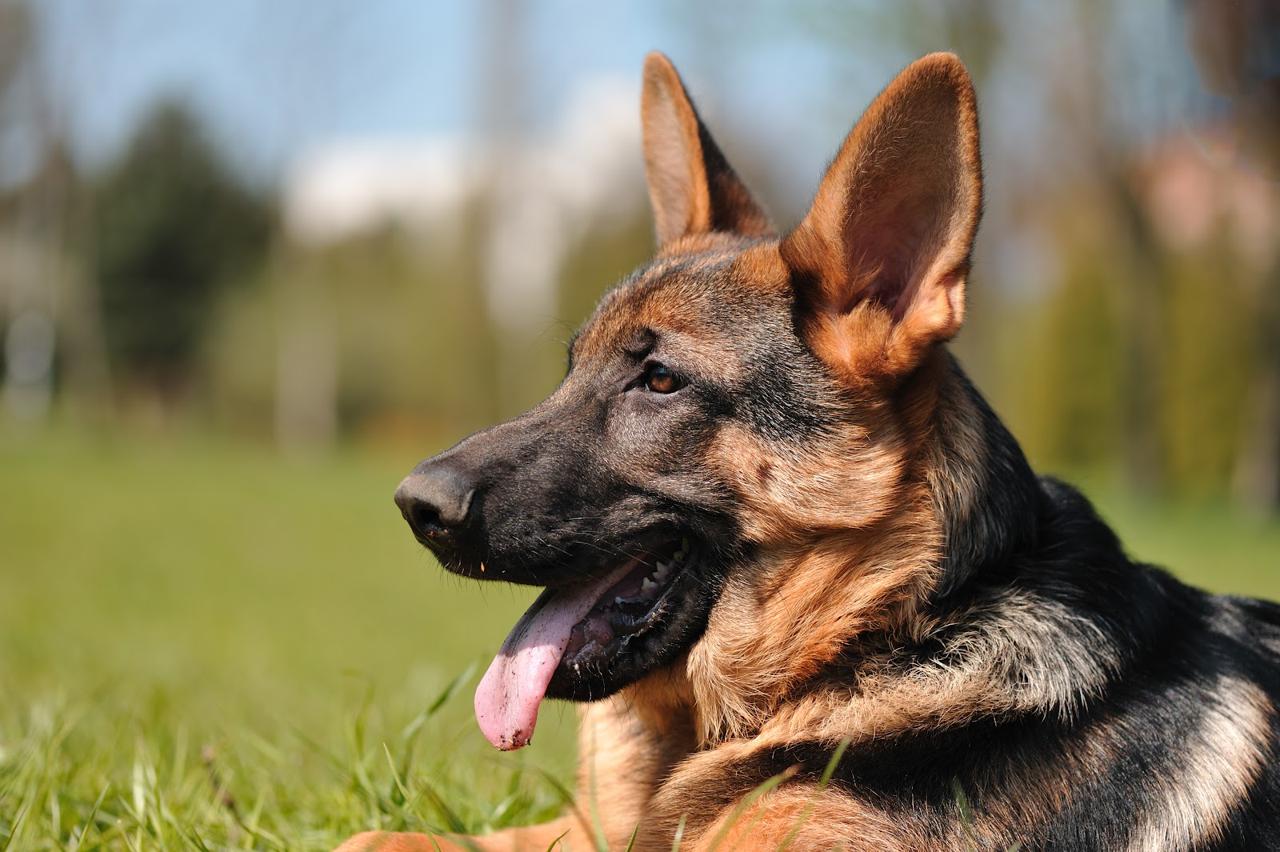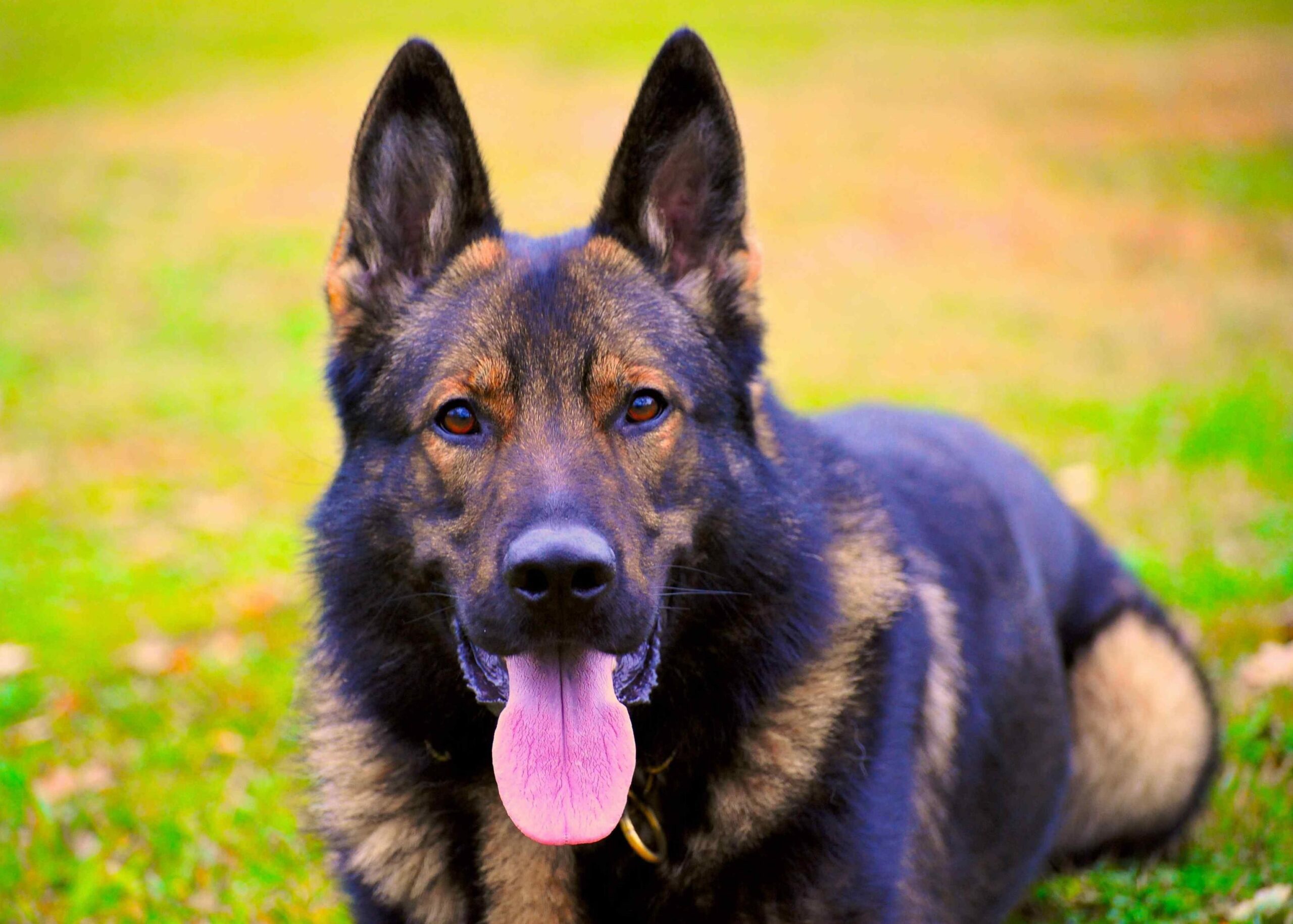Are German Shepherds Lazy?
When it comes to German Shepherds, there’s no denying that they’re a beloved breed. Known for their loyalty, intelligence, and incredible strength, it’s no surprise that many people consider them to be the ultimate canine companion. But there’s a question that often pops up in the minds of those who are considering adopting a German Shepherd – are they lazy?
In this article, we’ll take a deep dive into the world of German Shepherds and explore the misconceptions around their perceived laziness. We’ll break down their breed characteristics, understand their energy levels, and look at the factors that contribute to their activity levels. We’ll also explore how to provide them with proper exercise and mental stimulation to help them stay healthy and happy.
So, are German Shepherds really lazy? Let’s find out.
German shepherd breed overview
German Shepherds are a well-known breed of dog that originated in Germany during the late 19th century. They are one of the most popular breeds in the world and are known for their intelligence, loyalty, and courage.
German Shepherds are a large breed, weighing between 50-90 pounds, and standing between 22-26 inches tall. They have a thick coat that can come in a variety of colors, including black, brown, and sable.
These dogs were bred to be working dogs, often used in police work or as service dogs due to their intelligence and trainability. They are also commonly used as search and rescue dogs, and in some cases, as military or guard dogs.
German Shepherds have a strong protective instinct, which makes them excellent watchdogs, but it also means they can be wary of strangers. Proper socialization and training are essential to ensure they are well-behaved and not aggressive towards people or other animals.
Overall, German Shepherds are a versatile, intelligent, and loyal breed that can make excellent companions for the right owner. They thrive in homes with experienced owners who can provide them with the proper training and exercise they need to live a happy and healthy life.
Common misconceptions: laziness vs. calmness
It’s often assumed that German Shepherds who are low-energy and relaxed are simply lazy. However, this is a common misconception that needs to be addressed. While there are some GSDs who truly are lazy, it’s important to distinguish between laziness and calmness.
A calm GSD is not necessarily lazy, but rather well-behaved and able to regulate their energy levels. In contrast, a lazy German Shepherd lacks motivation and is generally disinterested in activities that require effort.
It’s crucial to recognize the difference between these two traits because a lazy GSD may require extra encouragement and motivation to engage in exercise and mental stimulation. On the other hand, a calm GSD is more likely to enjoy structured and peaceful activities that allow them to relax and remain content.
By understanding the distinction between laziness and calmness, you can better assess your German Shepherd’s personality and create a customized routine that caters to their unique needs. Whether your GSD is calm or lazy, providing consistent exercise and mental stimulation is essential for their overall health and well-being.
Understanding german shepherds’ energy levels
Understanding the energy level of your German Shepherd is essential for providing them with the right amount of physical activity and mental stimulation. Generally, German Shepherds are energetic dogs that love to move around, explore, and play. However, each dog has a unique personality, and some German Shepherds could be more laid-back than others.
German Shepherds are working dogs bred for tasks such as herding, guarding, and police work. As such, they have high energy levels and need plenty of exercise to stay healthy and happy. Lack of physical activity and mental stimulation may lead to boredom and destructive behavior, such as chewing and digging.
It’s essential to provide your German Shepherd with regular exercise, such as brisk walks, runs, or hikes. Mental stimulation, such as puzzle toys, obedience training, and playtime, can also help to maintain their energy levels. Age, health, and lifestyle also play an important role in determining a German Shepherd’s energy levels.
Overall, understanding your German Shepherd’s energy levels is crucial for their well-being. By meeting their physical and mental needs, you can ensure that they remain healthy, happy, and active.
Factors contributing to german shepherds’ activity
There are several factors that contribute to a German Shepherd’s activity level. First and foremost, their genetics play a significant role. German Shepherds are a working breed, originally bred to herd and protect livestock. This breeding has instilled a strong desire in them to stay active and engaged.
Another factor is the age of the dog. Puppies and young German Shepherds are generally very active and require more exercise than older dogs. As they age, their energy levels may decrease, but they still require regular exercise and mental stimulation to maintain their overall health and happiness.
Diet and nutrition also play a crucial role in a German Shepherd’s activity level. A balanced diet rich in protein and nutrients can help maintain their energy levels, while a poor diet can lead to lethargy and a lack of motivation.
Finally, environmental factors such as living conditions and weather can also impact a German Shepherd’s activity level. Dogs that spend most of their time indoors or have limited outdoor access are likely to be less active than dogs that have ample space to run and play. Extreme temperatures, either hot or cold, can also cause dogs to be less active.
In summary, a combination of genetics, age, diet, and environment all play a significant role in a German Shepherd’s activity level. As responsible dog owners, it is important to understand these factors and provide our furry friends with the exercise, mental stimulation, and nutrition they need to lead happy, healthy, and active lives.

Proper exercise and mental stimulation for german shepherds
German Shepherds are energetic dogs that require proper exercise and mental stimulation to keep them physically and mentally healthy. As a responsible pet owner, you must establish a regular exercise routine and incorporate stimulating activities that challenge their minds.
Outdoor activities such as walking, jogging, hiking, and playing fetch are excellent ways to keep your German Shepherd active. Make sure to provide them with enough space to run, jump, and play. It’s also essential to provide a safe and secure environment, so they don’t run off-leash.
Along with physical exercise, mental stimulation is equally important for German Shepherds. These intelligent dogs thrive on challenging activities that engage their minds. Mental stimulation can include activities such as puzzle games, hide-and-seek, obedience training, and learn new tricks.
Remember, German Shepherds are a highly trainable breed, so training sessions should be fun and challenging. Positive reinforcement is key – reward them with treats and praise when they successfully complete training and tasks.
In conclusion, providing proper exercise and mental stimulation to your German Shepherd is crucial to keep them happy, healthy, and active. These activities also promote bonding between you and your furry friend while also tapping into their intelligence and natural abilities.
Conclusion
In conclusion, German Shepherds are not necessarily lazy dogs. In fact, they are a breed known for their high energy levels and need for physical activity and mental stimulation. It is important to understand and differentiate between a calm and relaxed German Shepherd versus a lazy one.
Various factors contribute to a German Shepherd’s activity level, such as genetics, age, and health status. Proper exercise and mental stimulation are crucial for maintaining their physical and mental well-being. As a responsible pet owner, it is our duty to provide sufficient exercise and mental stimulation for our furry companions.
So, if you’re looking for a lazy lap dog, a German Shepherd may not be the best fit for you. But if you’re ready to give them the attention and exercise they need, a German Shepherd could make an excellent addition to your family. Remember, a tired dog is a happy dog, and a happy dog translates to a happy home.




